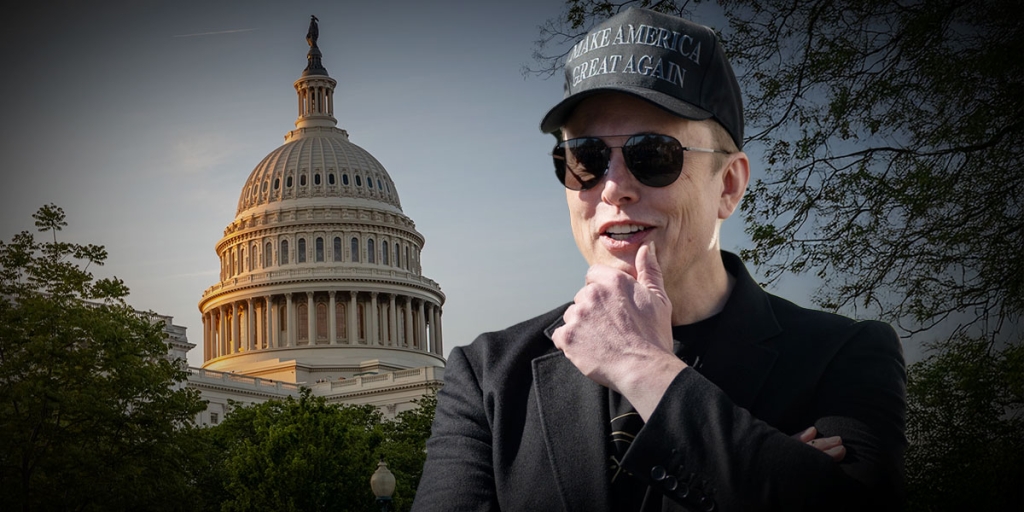Labor Day was established as a national holiday 125 years ago, championed by labor unions. Despite unions’ recent decline, we should still celebrate work. The market for labor is an important element of the liberal society, and peoples’ willingness to work for a living makes our economy function.
The decline of unions in America has been remarkable. Over 30% of workers were unionized in the 1950s, versus 10% in 2018. The private sector unionization rate is only 6.4% – about one out of 16 workers. A number of factors explain this change, like the decline in manufacturing employment; America still manufactures as much as ever, just with fewer workers due to automation. The shift of jobs to Southern right-to-work states has also contributed.
Less remarked is a more conciliatory approach to labor relations by management. The U.S. labor movement was always more about job conditions than politics. Americans formed unions over specific grievances; when management stopped offending workers, the demand for unionization declined.
The existence of a market for labor is significant, regardless of whether unions represent workers. Liberalism, in both its classical and modern forms, views individuals as possessing moral value, not means to other peoples’ ends. Liberalism transformed politics, from people serving the emperor, king, or dictator, to government for the people.
Throughout most of human history, some people have forced others to work for them as slaves, serfs, or conscripts. Forced labor implies unequal moral worth; Egypt’s pharaohs could make thousands of people build pyramids. Slavery persisted in the United States (and other nations) until the 19th Century. Twentieth Century authoritarian governments forced citizens to do their bidding.
The labor market assumes that everyone is free. The rich and powerful cannot force others to work for them; instead they must offer enough compensation to secure willing assistance. An unpleasant or dangerous task will require greater compensation. And people can leave one job for a better one.
Markets ensure that commercial interactions are based on mutual agreement. We need food, clothing and shelter to survive, and want more than the necessities of life. In the market, the suppliers of goods and services cannot be forced to produce for us. We must trade for the things we want, and for most of us, what we have to trade is money earned from a job.
The functioning of a market economy requires that people accept working for a living. We face a lifetime of working to afford the things we need. Accepting the need to work is a moral choice, to live through production and exchange as opposed to begging, borrowing, or stealing. One beneficial trend over the past fifty years has been the emergence of jobs resembling play more than work, like freelance writers, college football recruiting gurus, and YouTubers. But for millions of Americans, work is hard, exhausting, stressful, boring, and dangerous.
Widespread acceptance of the work imperative may be eroding. One sign of erosion is the decline in labor force participation for men aged 25 to 54. Anecdotes of college graduates living with their parents and not working are also troubling. And interest in a Universal Basic Income for all Americans reflects, I think, a hope that work may soon be optional.
Working for a living entails many costs: being away from family during the day, commuting to and from work, and being tired after work. It means relegating many enjoyable activities to weekends and vacations. Of course, work can also be a source of challenge and accomplishment as well as where we meet new friends. But it is called work for a reason.
Erosion of the work imperative makes our economy less productive and may undermine the freedom underlying the labor market. Our nation has relied on an all-volunteer military, the appropriate way to defend a free nation, since 1973. The willingness of enough volunteers is crucial here; failing to meet recruiting targets would likely produce pressure to reinstate a draft. The same dynamic could be in play in the larger economy. This is another reason to celebrate work this Labor Day.
Daniel Sutter is the Charles G. Koch Professor of Economics with the Manuel H. Johnson Center for Political Economy at Troy University and host of Econversations on TrojanVision. The opinions expressed in this column are the author’s and do not necessarily reflect the views of Troy University.













